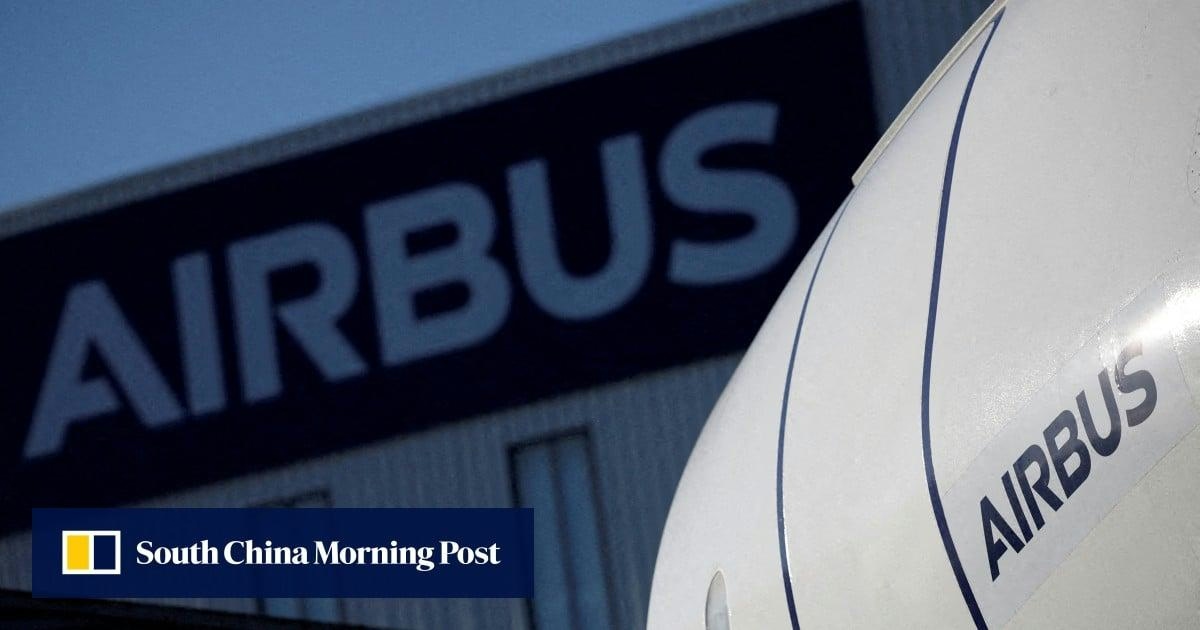
Smarter email, faster business.
Trending
UK to Announce $10 Billion Boeing Order, U.S. Commerce Secretary Says
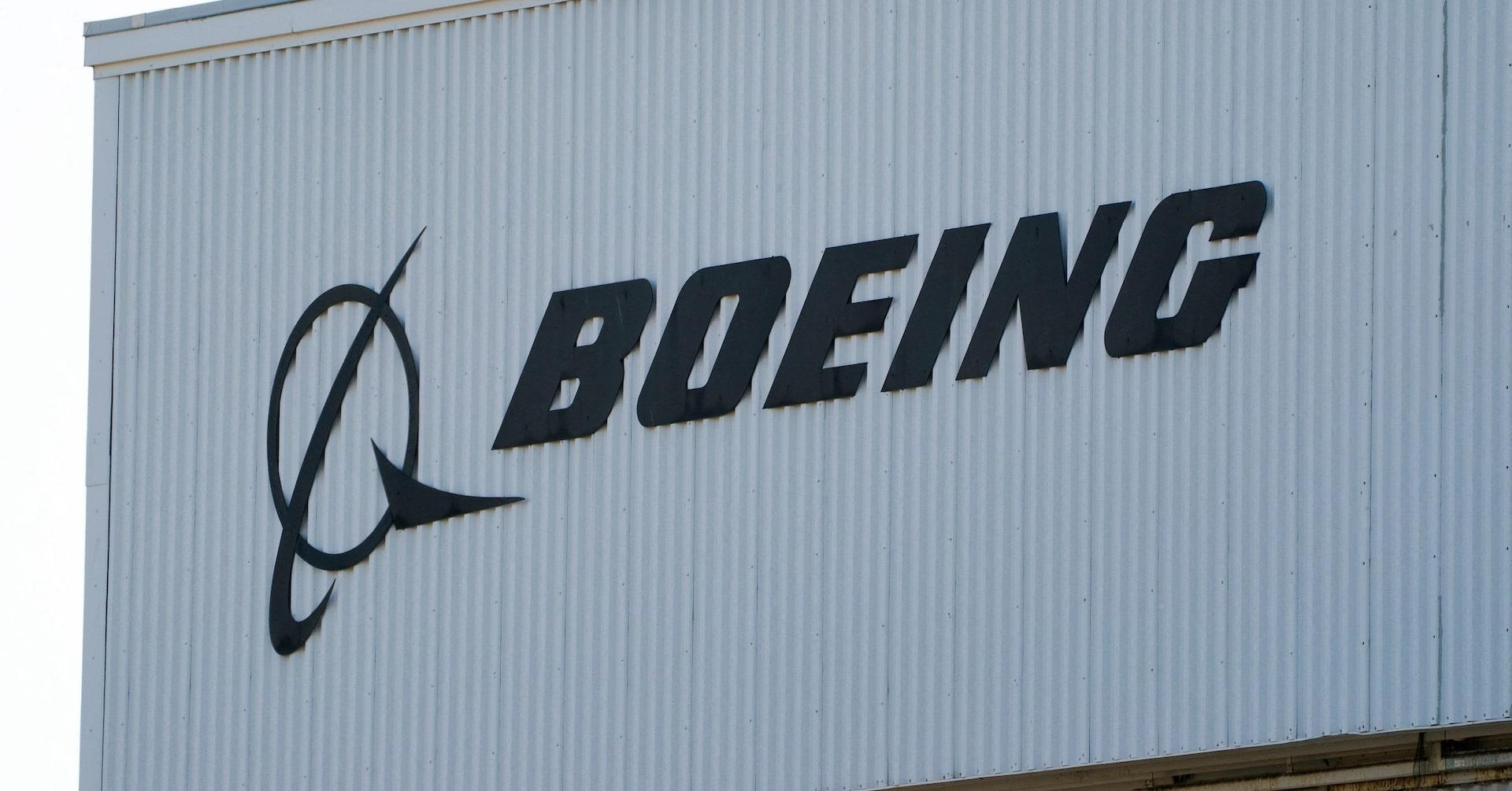
UK to Announce $10 Billion Boeing Order, U.S. Commerce Secretary Says
Market Optimism Amid Tech Rally
Global markets have experienced a vigorous rally in technology stocks following a sharp decline last week. Leading companies such as Apple, Adobe, and PayPal are trading near record highs, while recent initial public offerings including Zoom, Cloudflare, and Peloton have surged, propelling the Nasdaq index close to the 10,000 threshold once again. This resurgence has drawn comparisons to the late 1990s dot-com boom, evoking memories of former Federal Reserve Chairman Alan Greenspan’s cautionary remarks about “irrational exuberance.”
The current market dynamics bear a striking resemblance to the early 2000s tech bubble. At that time, the Nasdaq surpassed significant milestones before collapsing in April 2000. Earlier this year, the pandemic triggered a steep sell-off, with the Nasdaq plunging over 32% between February 19 and March 23. However, aggressive fiscal and monetary stimulus measures from the Federal Reserve and the U.S. Congress, coupled with the gradual reopening of economies, have fueled a rapid recovery in technology shares.
The Boeing Deal and Its Broader Implications
Adding to the buoyancy in markets, the United Kingdom’s announcement of a $10 billion order for Boeing aircraft has injected fresh confidence into the aviation sector. Confirmed by the U.S. Commerce Secretary, the deal arrives at a challenging time for Boeing, which continues to face production delays and labor disputes. Beyond its immediate economic impact, the agreement carries wider significance by removing tariffs on Rolls-Royce engines, potentially influencing airlines’ future engine selections.
The transaction also intensifies competition within the aerospace industry. International Airlines Group recently placed a $13 billion order with Boeing, while Airbus is simultaneously expanding its fleet, underscoring the ongoing battle for market share among major manufacturers.
Caution Amid Optimism
Despite these encouraging developments, some market experts urge caution. The rapid rebound from the so-called “Great Lockdown” has not been limited to established technology firms but has also lifted speculative and distressed companies, including the bankrupt car rental company Hertz. Hussein Sayed, chief market strategist at FXTM, warns that investors are inflating asset prices based on expectations that current policies will sustain struggling companies, potentially creating a hazardous bubble.
Concerns also persist regarding the widening gap between financial markets and the broader economy. Cailin Birch, global economist at The Economist Intelligence Unit, highlights the increased risk of an asset bubble bursting if the real economy does not recover in step with financial markets. She notes that while the Federal Reserve continues to support corporate debt markets, a disconnect between Wall Street and Main Street could exacerbate vulnerabilities.
A notable distinction from the dot-com era is the robust financial health of today’s leading technology giants. Companies such as Apple, Microsoft, Amazon, Alphabet, and Facebook are highly profitable, cash-rich, and integral to the global economy. Unlike the speculative startups of the past, these firms consistently deliver strong earnings. Nevertheless, their market dominance raises renewed concerns about concentration and long-term sustainability, echoing debates from two decades ago.
As investors absorb the implications of the UK’s Boeing order alongside the ongoing technology surge, the balance between optimism and caution remains delicate, with the potential risks of another market bubble looming large.

Dubai Airshow 2025 Reveals Main Agenda and Activities
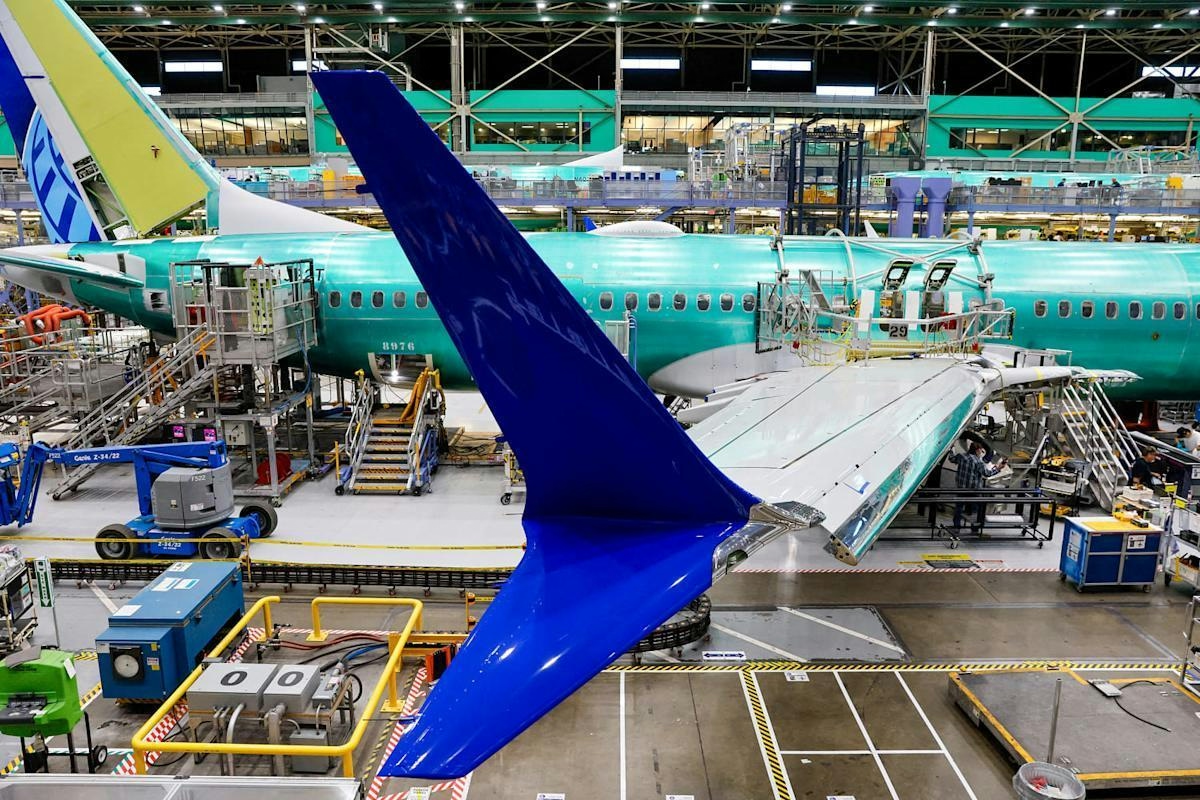
Willis Lease Finance: A Strategic Play in Aviation Leasing Amid Near-Term Volatility

AI-Generated Content Spreads Misinformation After Air India Crash
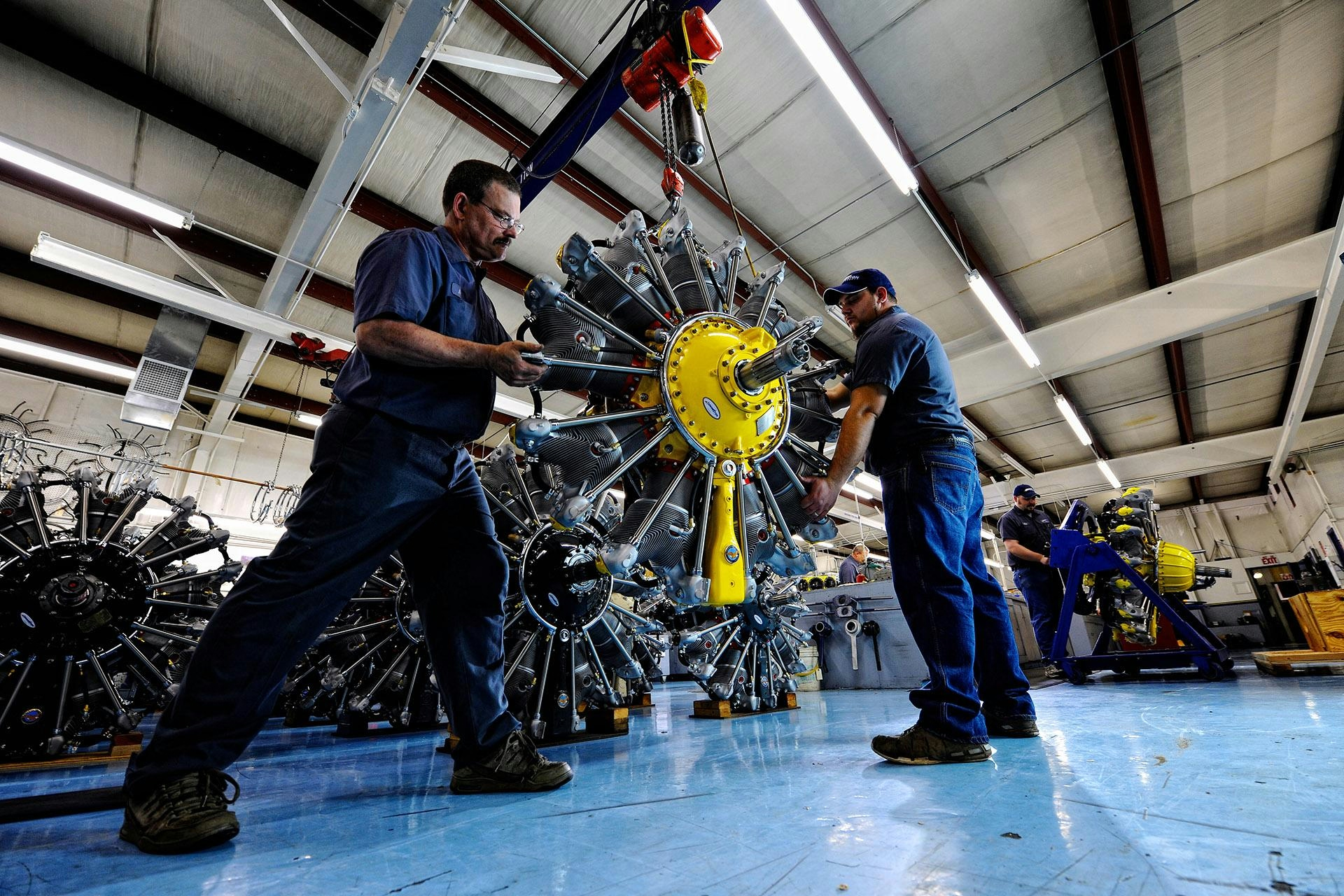
Covington Aircraft Engines to End Radial Engine Production in 2025

Yingling Aviation Named Authorized Honeywell Dealer

Does Joby Aviation's Milestone in Dubai Point Toward Further Growth?

New Invention Promises to Eliminate Airplane Emissions in Country
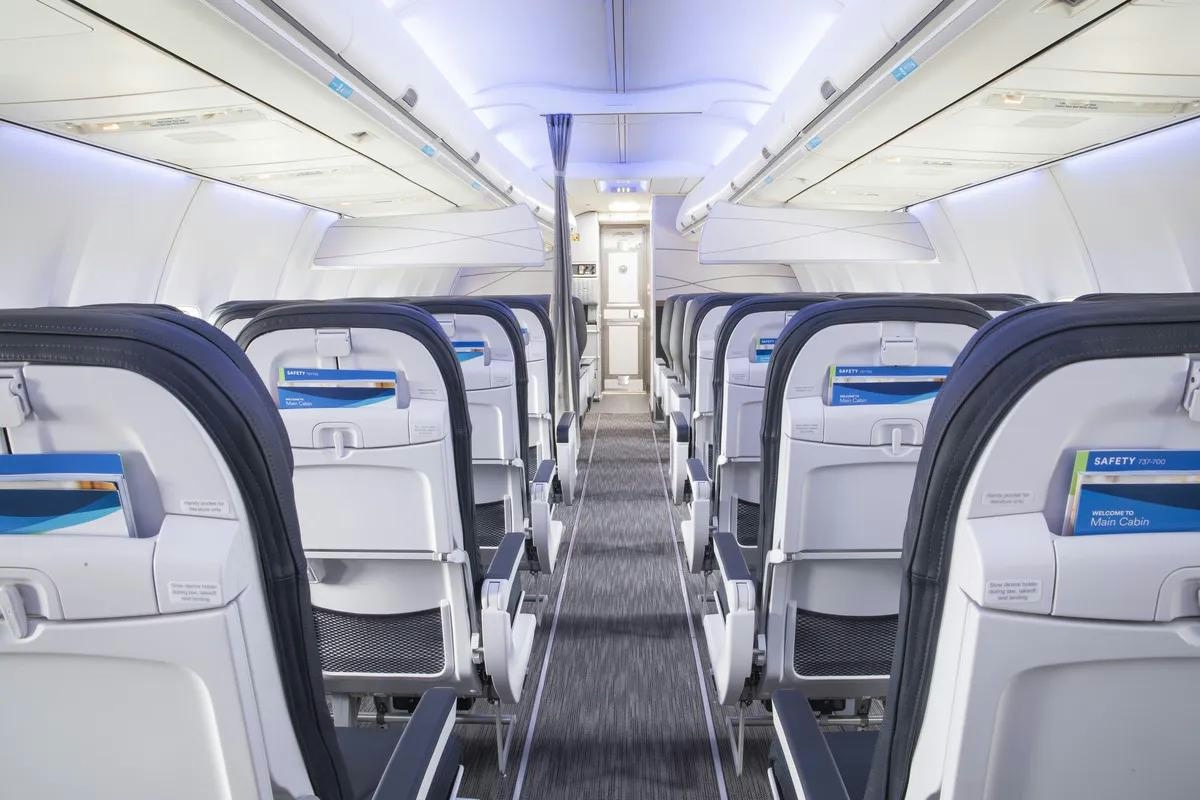
Key Questions on Chinese Travel, AI, and Airlines Answered by Skift
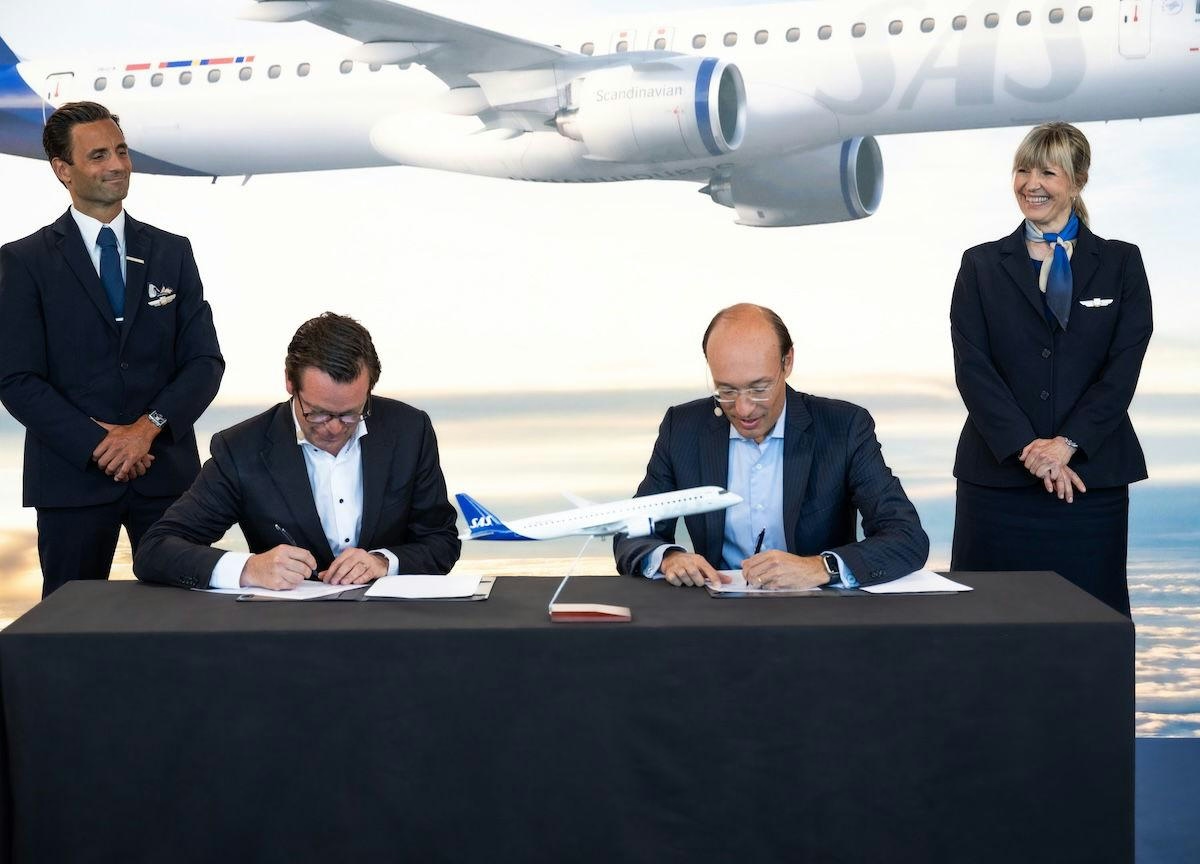
SAS Orders Up to 55 Embraer E195-E2 Jets
